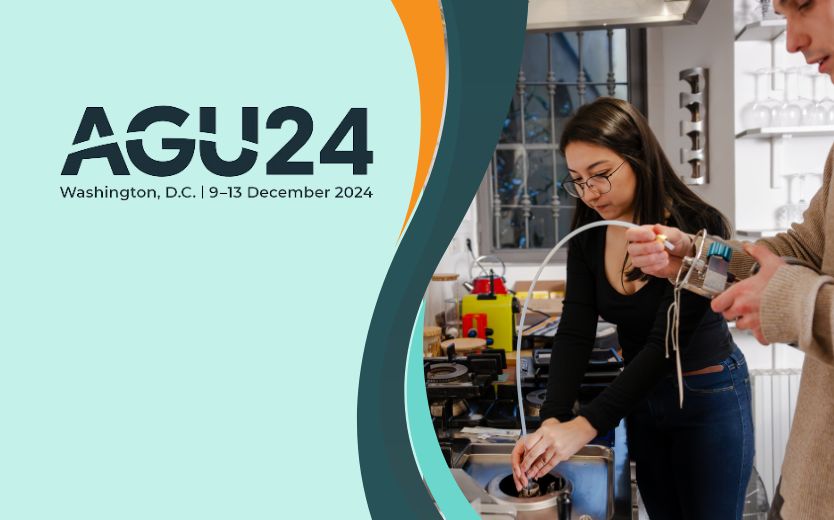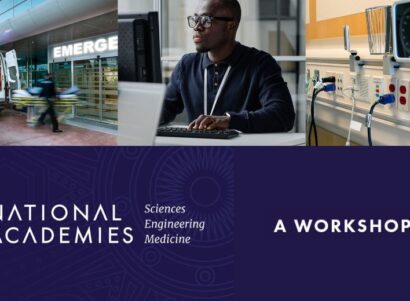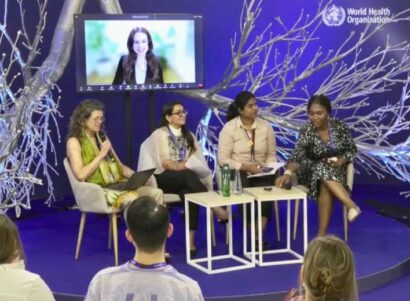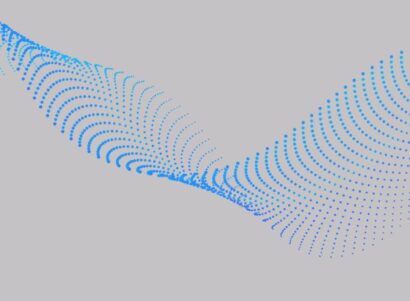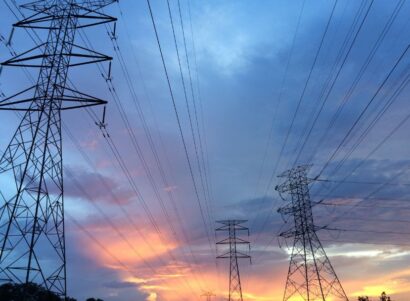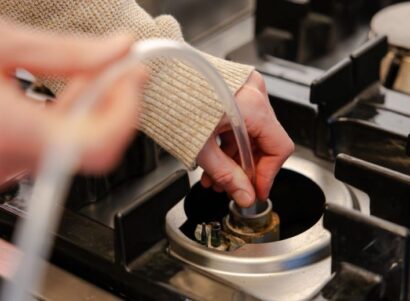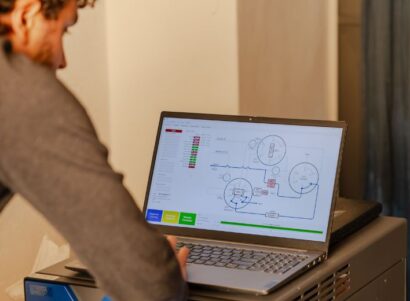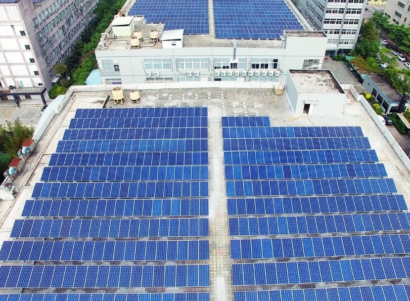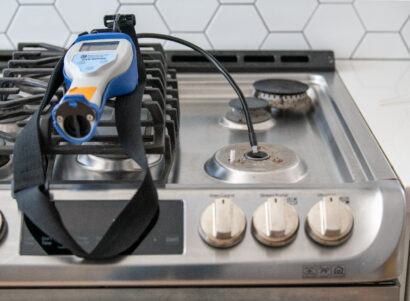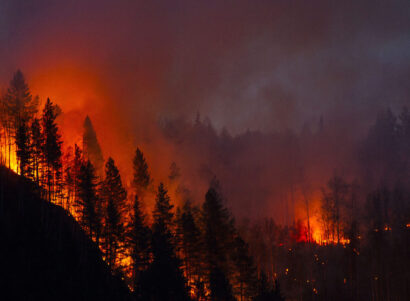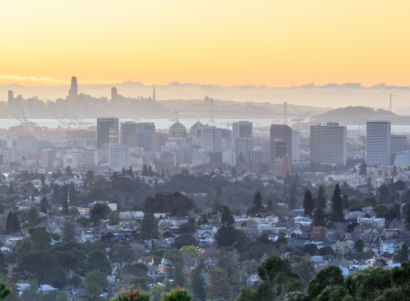Scientists from PSE Healthy Energy will present new research at the American Geophysical Union’s (AGU) annual meeting in Washington, D.C., providing a more expansive and detailed picture of the public health and safety risks tied to methane emissions. In recent years, PSE’s research on the chemical composition of natural gas identified a range of hazardous air pollutants present in gas, highlighting new potential health and safety risks. The research being presented at AGU is part of PSE’s Methane + Health Initiative, which is focused on creating the scientific foundation for comprehensive solutions to methane emissions that protect the climate and public health.
In keeping with the #AGU24 theme, “What’s next for science,” PSE’s team will present the findings of field-advancing research across seven panels:
Tuesday, December 10th, 3:05 – 3:15 pm
- Alexandra (Ali) Snell, BS, will discuss PSE Healthy Energy’s Community Consulting Center’s recent collaboration with The Southwest Crossing Community Initiative, which grew out of increasing community concern about the installation of five peak shaving facilities in close proximity to homes, businesses, schools, and churches in Houston, Texas. Snell will present the resources PSE compiled for the community, and discuss how community-focused science and non-traditional research approaches can have meaningful impacts for both communities and research institutions. Learn more here.
Thursday, December 12th, 8:30 am – 12:20 pm
- Sebastian Rowland, PhD, will present PSE’s nationwide gas composition models, and discuss how, by incorporating the variation of gas composition across sector, infrastructure, and geology, PSE have developed the most accurate models available to assess the health risk of natural gas emissions. Learn more here.
- Jeremy Domen, MS, will discuss his research on benzene emissions released alongside methane from super-emitter events throughout the gas supply chain, and the varying levels of risk these emissions events pose upstream, midstream and downstream. Learn more here.
- Quintin Munoz, BS, will present research identifying priority regions where increasing methane emissions monitoring and enhancing leak-detection and repair practices can reduce health risks for nearby fenceline communities. Learn more here.
- Sofia Bisogno, BSE, will discuss the findings of seven case studies examining methane super emitter events, the risk to onsite workers from exposure to high levels of methane, and the extent to which residential neighborhoods were exposed to benzene dispersed during each event. Learn more here.
- Eric Lebel, PhD, and Drew Michanowicz, DrPH, MPH, CPH, will present their findings of air pollution levels in restaurants, exposing the risk to workers from nitrogen dioxide and carbon monoxide. Learn more here.
Thursday, December 12th, 4:50 – 5:00 pm
- Tamara Sparks, PhD, will present new data comparing benzene levels in natural gas in Europe, the United Kingdom, and North America. She will show how it’s possible to achieve a build up of benzene to hazardous levels, even with leaks that are too small to detect by smell. Learn more here.
